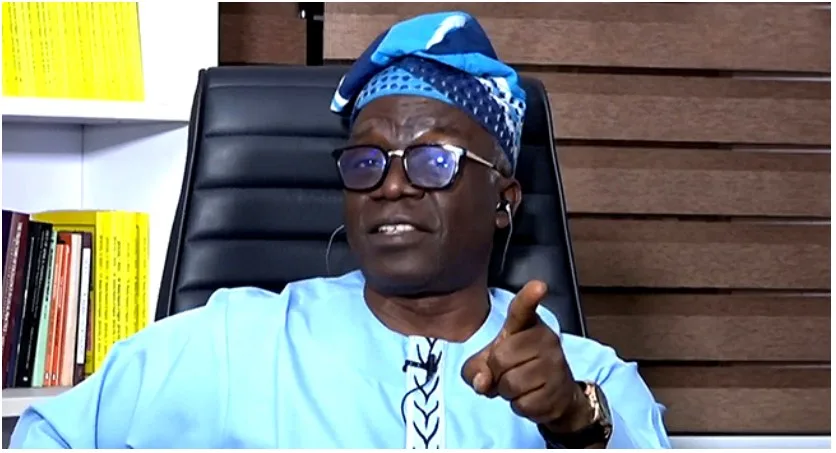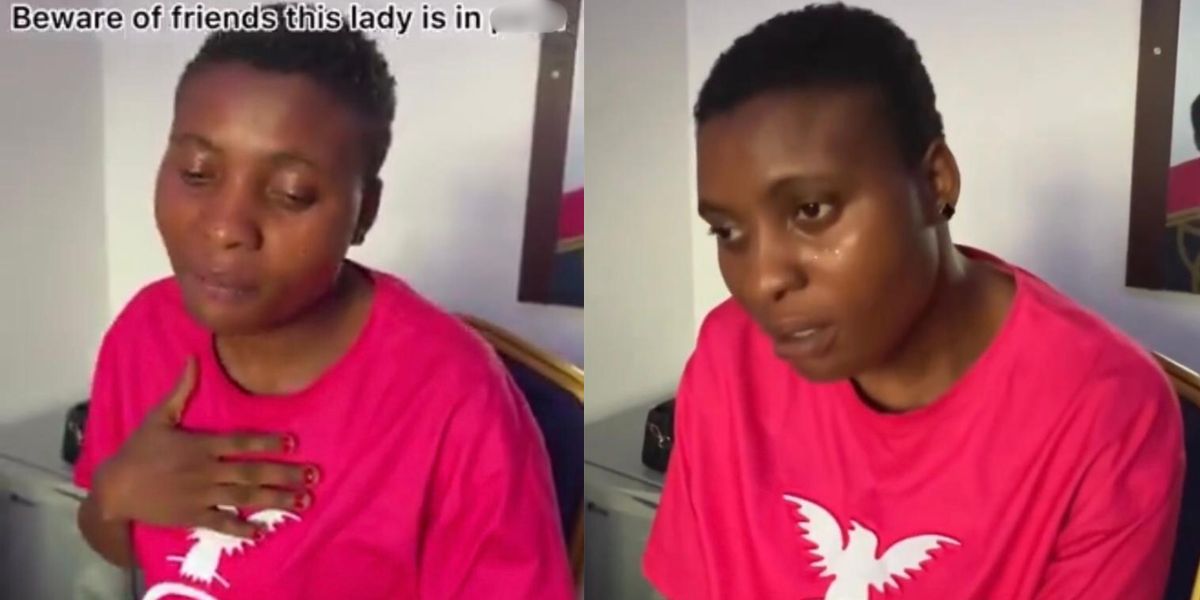

Human rights lawyer, Femi Falana has called on the Nigerian Federal Government to enable Nigerian victims of human rights abuses in other African countries to access the African Court on Human and Peoples’ Rights.
Falana made the call in a statement he issued to newsmen on Sunday.
“The African Court, established by member states of the African Union (AU), aims to protect human and peoples’ rights across the continent. Composed of 11 judges nominated by AU member states and elected by the AU Assembly of Heads of State and Government, the court complements the African Commission on Human and Peoples’ Rights,” Falana explained.
“Nigeria, a leading AU member, ratified the African Charter on Human and Peoples’ Rights in 1986 and domesticated it via the African Court on Human and Peoples’ Rights (Ratification and Enforcement) Act Cap A9, Laws of the Federation of Nigeria, 2004. Nigeria also ratified the Protocol establishing the African Court in 2004.
Falana’s statement follows the re-election of Mrs. Stella Anukam, a former Director of the International Law Department in the Federal Ministry of Justice, as a judge of the African Court for another six-year term. “Anukam was re-elected at the AU mid-year coordination meeting executive council in Accra, Ghana, last Friday. This appointment comes shortly after another Nigerian, Mrs. Abiola Idowu-Ojo, was appointed Executive Secretary of the African Commission on Human and Peoples’ Rights on June 25, 2024,” Falana noted.
“President Bola Tinubu commended Judge Anukam for her contributions to human rights jurisprudence in Africa, urging her to continue bringing her invaluable insights to the court. However, Nigerian citizens whose rights are violated in other AU member states cannot seek redress at the African Court due to Nigeria’s refusal to make the Declaration prescribed by Article 34(6) of the Protocol establishing the court,” Falana highlighted.
Falana further explained, “Article 34(6) requires member states to permit individuals and NGOs with observer status before the African Commission to directly institute cases before the African Court. Currently, only a few AU member states, including Burkina Faso, Gambia, Ghana, Guinea-Bissau, Mali, Malawi, Niger, and Tunisia, have made this Declaration.”
Falana stressed the importance of Nigeria making the Declaration to allow its citizens to seek legal redress for human rights violations in other African countries. “In addition to the congratulatory message extended to Judge Anukam by President Tinubu, the Federal Government should proceed to make the Declaration prescribed by Article 34(6) of the Protocol,” Falana urged. “This would enable Nigerian citizens whose human rights are violated in other African countries, and the family members of those who are killed, to seek legal redress in the African Court.”





